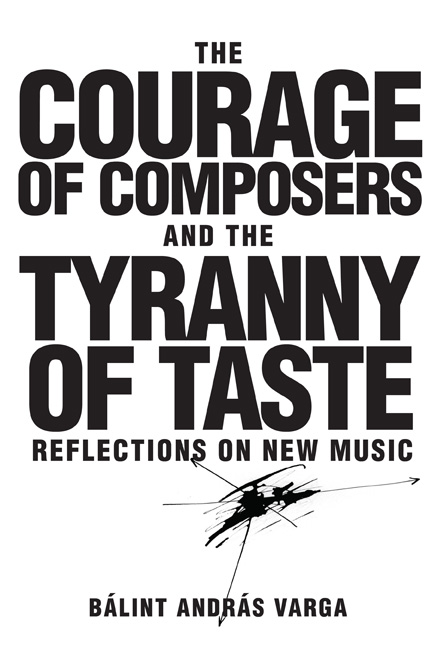34 - Paul Griffiths (b. 1947)
Published online by Cambridge University Press: 22 May 2021
Summary
Paul Griffiths has been a friend for over three decades. He was chief music critic of the Times of London when we first met; subsequently, he was on the staff of the New York Times and the New Yorker, before becoming freelance.
The first of the above two sentences is a private statement of fact. The second could be taken from an official curriculum vitae. This headnote is bound to be in turn subjective and objective; a mixture of the two is probably not possible (can one be subjectively objective?)
I admire Paul's supreme mastery of the English language. His letters to me, especially since his move to Manorbier in Wales, where he begins his days with an early morning walk along the coast in the company of his dogs, are veritable gems in that they describe nature as he observes its colors, shapes, and sounds.
An impression of his poetry can be gained from the poem printed in the interview with Hans Abrahamsen: drawn from Griffiths's unique Ophelia novel, let me tell you, it inspired the Danish composer to create a song cycle for soprano and orchestra, which won the Grawemeyer Award in 2016.
Paul's critical writing is represented by a quote from the third edition of his Modern Music and After, chosen to underpin what I have to say about George Crumb. That is of course just the tip of the tip of the tip of the iceberg. Paul's oeuvre is huge; a fraction of his output fills a shelf in my library. He has written on a wide range of subjects, perhaps most notably contemporary music. In any case, he is probably the only writer on music to have been honored with the rank of OBE (Officer of the Most Excellent Order of the British Empire): this occurred in the Queen's New Year's Honours in 2014, for his services to contemporary composition (as well as to literature).
Literature: yes, Paul Griffiths has written a range of novels. The first one, Myself and Marco Polo (1989), inspired Tan Dun to compose an opera. The libretto, fashioned from the novel by Paul himself, was followed by further essays in that genre, the most prestigious being What Next?
- Type
- Chapter
- Information
- The Courage of Composers and the Tyranny of TasteReflections on New Music, pp. 223 - 229Publisher: Boydell & BrewerPrint publication year: 2017



